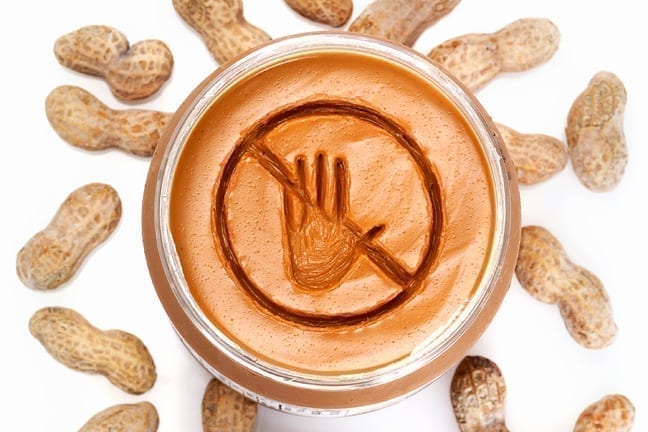A mere eight foods account for 90 percent of all food allergies, according to the Food Allergy & Anaphylaxis Network. They are milk, egg, peanut, tree nuts, fish, shellfish, wheat and soy. But the signs of a food allergy aren’t always as obvious as an itchy mouth or throat after eating a trigger food. Some people with food allergies also break out in hives or eczema, have gastrointestinal symptoms such as stomach pain or diarrhea or respiratory problems such as difficulty breathing, according to allergist and immunologist Dean Mitchell, M.D. of Ocean Allergy & Asthma.When to bring it up: If you suspect you have a food allergy—in other words, if you’ve experienced any of the symptoms above after eating a meal—tell your doctor.QUIZ: Track Your Diet Here“Food allergy should be taken seriously because sometimes patients may downplay the allergy,” says Dr. Mitchell. “They’ll say things like ‘I eat cherries or apples and I get an itchy throat, but I eat them anyway.’ What I always explain to patients is that the danger in continuing to eat a food that you may be allergic to is that you may develop a more severe allergic reaction such as anaphylaxis [a life-threatening allergic reaction].”Talking points: The key thing is to accurately describe what symptoms you’re experiencing during or after a meal. “For example, with milk allergy, if they ingest a dairy product, do they have bloating, diarrhea or stomach pain?” asks Dr. Mitchell.MORE: The Dark Side of the Gluten-Free Diet“This could be a food allergy, but a lot of the times it is lactose intolerance. If a patient develops skin or respiratory reactions, that tends to point towards an underlying food allergy, which is even more serious. We’re also discovering that many more people have celiac disease (gluten intolerance) than ever before.”Just as with food allergies, ask your doctor for ImmunoCAP blood test to determine whether a specific allergies exists so you know which foods to permanently take off the menu—the only way to avoid an allergic reaction.
© YouBeauty 2024




































